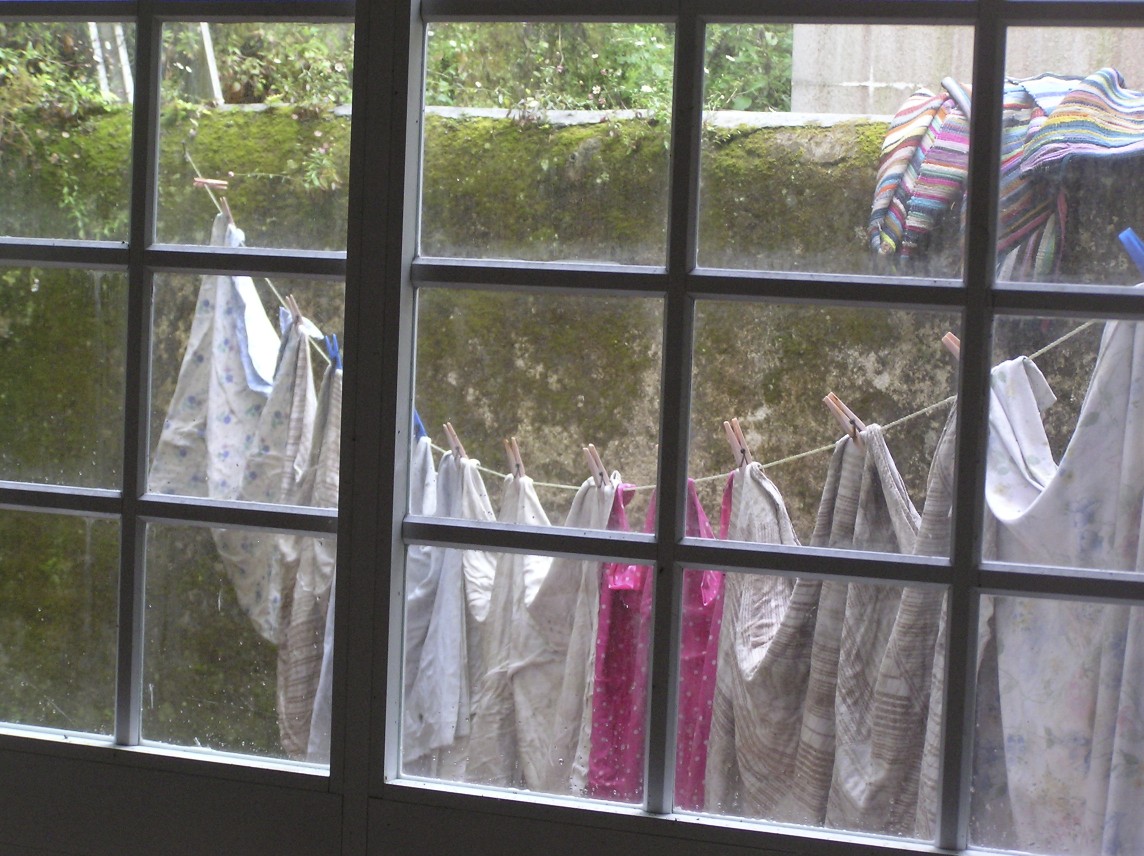
A Powerful Proposal
I have quoted Clark Moustakas extensively because he not only offers rather poetic accounts regarding the nature and dynamics of loneliness, but also because he (more than others I have cited) is particularly optimistic (positive) about the role played by loneliness in contemporary society. Moustakas (1961, p. 102) presents the following challenging proposal:
“When man can leave himself to his own loneliness, he can return to himself with a new commitment to his fellow man. Not an escape from loneliness not a plan, not strategy and resolution, but direct facing of one’s loneliness with courage, letting be all that is in its fullness, this is a requirement of creative living. To be worthy of one’s loneliness is an ultimate challenge, a challenge which if realized, strengthens the person and puts him more fully in touch with his own resources. At first, the experience of loneliness may be frightening, even terrifying, but as one submits to the pain and suffering and solitude, one actually reaches himself, listens to the inner voice and experiences a strange new confidence. The individual is restored to himself and life again becomes me.”
Like David Riesman, Clark Moustakas has challenged us to reframe our loneliness as an interpersonal challenge. It is a challenge not just for those with an Introverted personality and those who are inner-directed, but also (perhaps even more importantly) for those with an Extraverted personality and an outer-directed orientation to life and other people. I will keep this in mind as I move on to the pull forward and the complexity of Carl Jung’s Extraverted personality.
Conclusions
It appears that we have choices to make. We can choose to be alone, or we can choose to be with other people. While in evolutionary history, human beings could not survive when they were alone, the modern institutions we have created allow us to be alone for extended periods of time. When we are alone, we can choose whether or not to feel lonely. When with other people, we can choose whether or not to feel lonely.
There are lonely crowds and there are lonely silos in which to dwell. We can feel lonely sitting for hours at a computer or when attending yet another lengthy committee meeting. We can thoroughly enjoy an evening reading a book or dabbling with some oils and a canvas. Placed in a corporate cubicle, we can take great pleasure in working with an Excel spreadsheet or preparing a market plan. This is especially likely if we are inclined toward Introversion. However, even as Extraverts, we can find time alone to be re-energizing and an opportunity for focus.
At yet another level, we can either dread or enjoy finding our primary identity as a member of some particular group—perhaps our family. We might prefer to stand outside this group identity and be outstanding in our organization or community. There might even be an instance when we enjoy a touch of narcissism. Imagine for a moment that you are one member of a group (such as your family or a team at work) and that the entire group has just entered a room. Someone who has been waiting for your group is delighted with the presence of your group. They declare: “Great to see all of you!” This person, of course, is referring to your entire group. However, just for a moment, imagine that the greeter is referring just to you.









